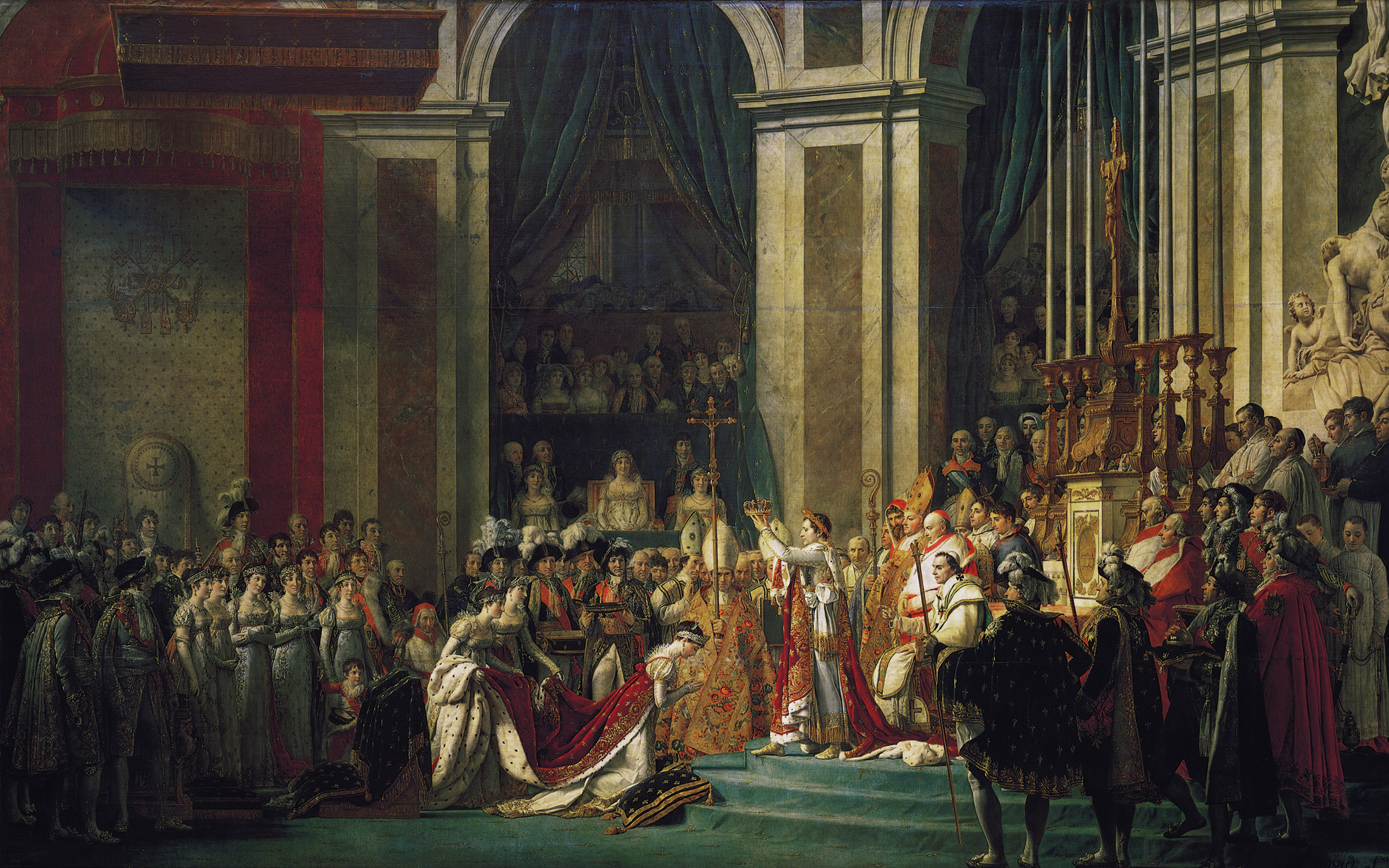The fiscal revolution of Jospin minus taxes for 36 trillion

PARIS – The Jospin government has kept its promises: in the next few years it will reduce taxes of 120 billion francs, about 36 thousand billion lire. Yesterday, the big tax pie was offered to the French by the Minister of Finance Laurent Fabius, plus, completely unexpected, an icing that will make millions of motorists happy: from this year they will no longer have to pay the stamp. A gift of 13 billion francs that in these times of expensive gasoline is not negligible. At the heart of the maneuver that aligns France in the race for tax exemption in which Germany and Italy already participate, there is a reduction in income tax: about 43 billion (of which almost half as early as in 2001) that will remain in the pockets of the French. In particular those with the lowest incomes: the reductions envisaged concern all the rates in percentages ranging from 3.5 percent for the lower band to 2.5 for the intermediate one up to 1.5 for the so-called marginal band (which, at 56 percent as it is today, it is one of the highest in Europe). The social character of this wide-ranging maneuver is evident. In 2001 the tax relief will be 23 billion francs and more than 15 million taxpayers will see their income tax reduced by 1500 francs (450 thousand lire). In total, in 2003 the tax relief will reach three thousand francs for each family, almost one million lire. But beyond the political value that this maneuver represents within, there is also the ambition of the French socialist government to be present at the forefront in comparison with the other European models of tax reduction, starting from the programs announced in Germany and Italy. Ambitions implicit in the statements with which Fabius illustrated his reform yesterday. Among other things, saying that if we add to the 120 billion of today the 80 already cut last year, the French maneuver will be in practice 200 billion francs, less than 290 billion announced by Germany but distributed over just three years and not out of five how the Germans will do. Fabius insisted on the social character of the measure.
Not only the most important reductions are in the medium-low incomes, but in the tax system illustrated yesterday there is also a reduction in social contributions for those collecting the minimum wage, the famous Smic. A provision that in substance for the large family of “smicard” will be equivalent at the end of the year to the collection of a thirteenth month, or an increase in income of ten percent. The Fabius reform on the other hand does not ignore the taxation of companies and small and large industries. As previously announced, the tax on corporate profits will rise from 37 today to 33.3 percent over three years. A decline certainly not to ‘height of the demands of entrepreneurs, but still a gesture towards a sector that is considered one of the flywheels for development, growth and employment. An eye for the small and medium industries, with the commissioning of a series of facilities and tax reductions (taxes reduced to 15 percent) that will have a positive impact on at least 250 thousand companies. Beyond this wide-ranging maneuver, measures regarding a “flammable” contingency such as the price of fuels, with its social and financial consequences, could not be lacking. The government has therefore announced the 30% reduction of the tax on domestic diesel, asking at the same time an extraordinary contribution of 3 billion francs to the oil companies “that – said Fabius – have made considerable profits”. This announcement, together with the governmental decision to reduce the tax on diesel fuel, but also the social burdens on some categories and in particular on the fishermen, has dampened and brought back the agitation of the fishermen, putting an end to the blockade of the ports and the tunnel on the Channel. Fabius did not want to touch the tax on petrol, even if a tax device is foreseen which will prevent the price from worsening. The pressures of the greens in fact – contrary to this measure for ecological reasons, supporters of a punitive policy towards motorists – have prevailed. But they nevertheless had to swallow the gift of the stamp bestowed by Fabius triumphantly to all French motorists.


